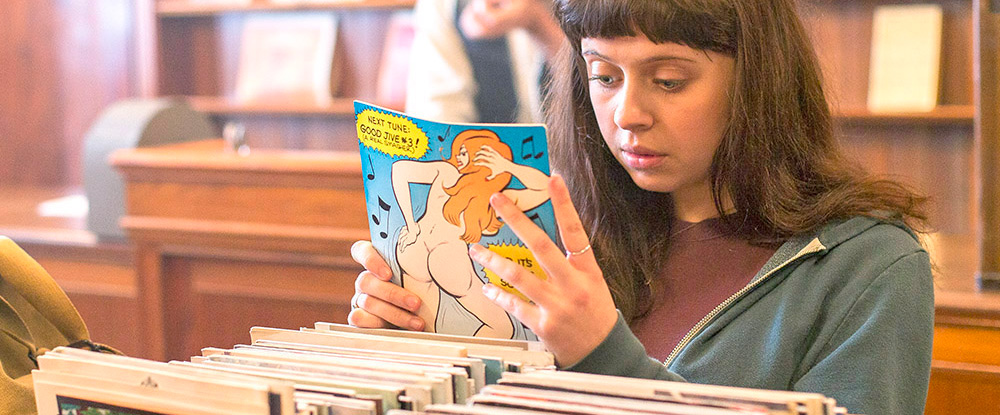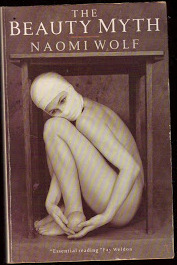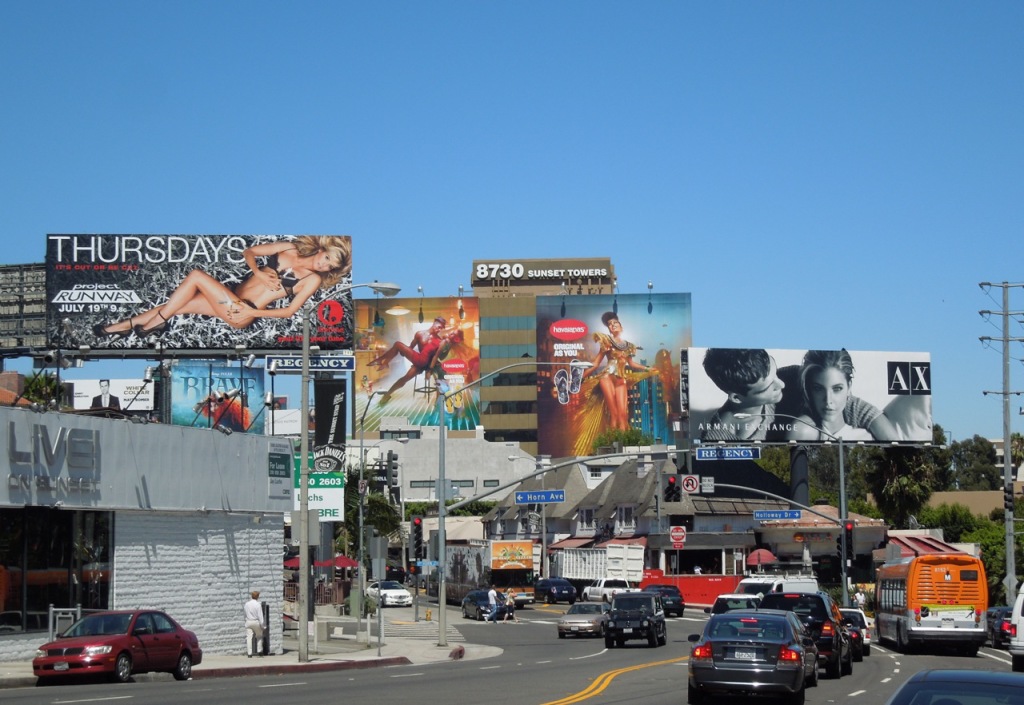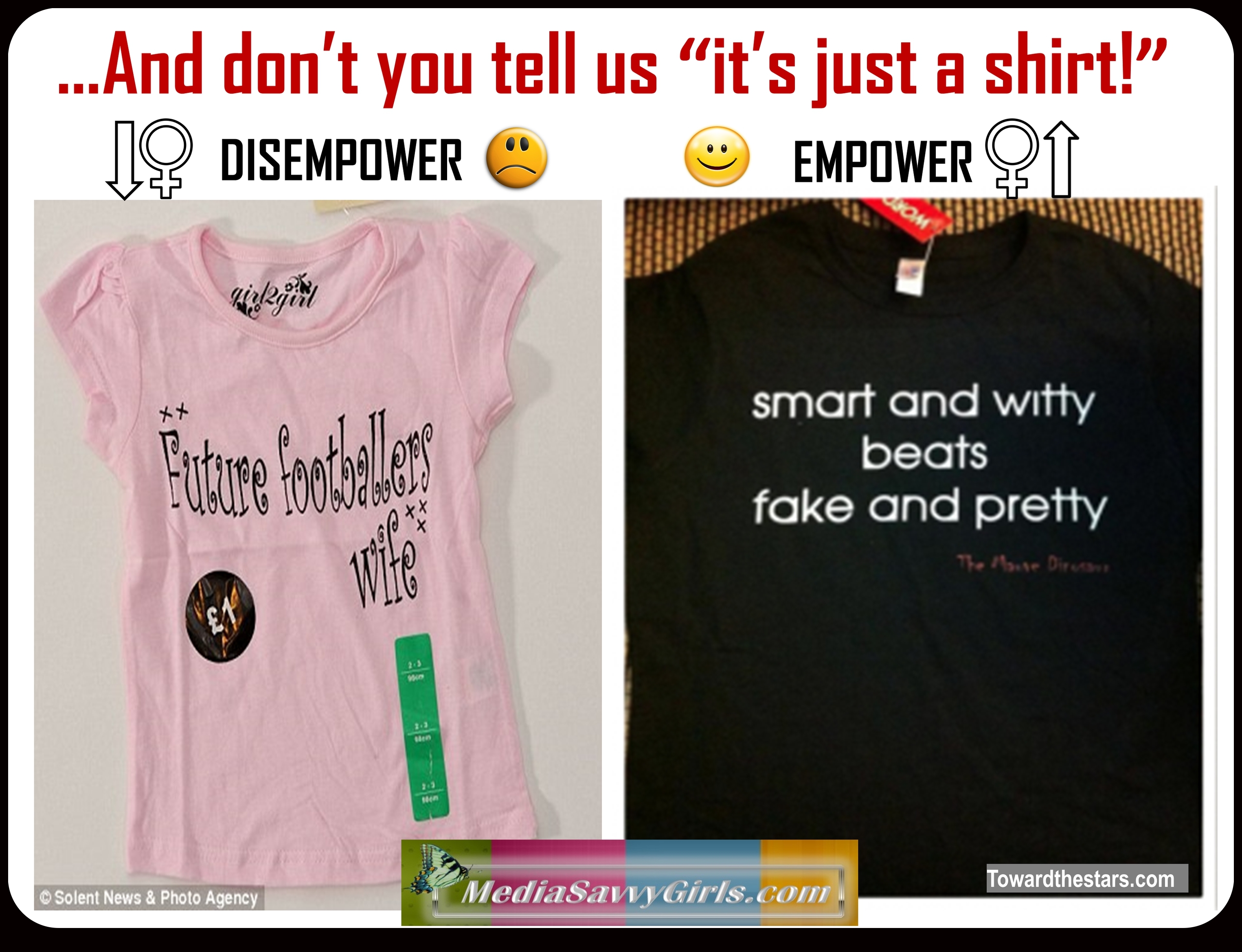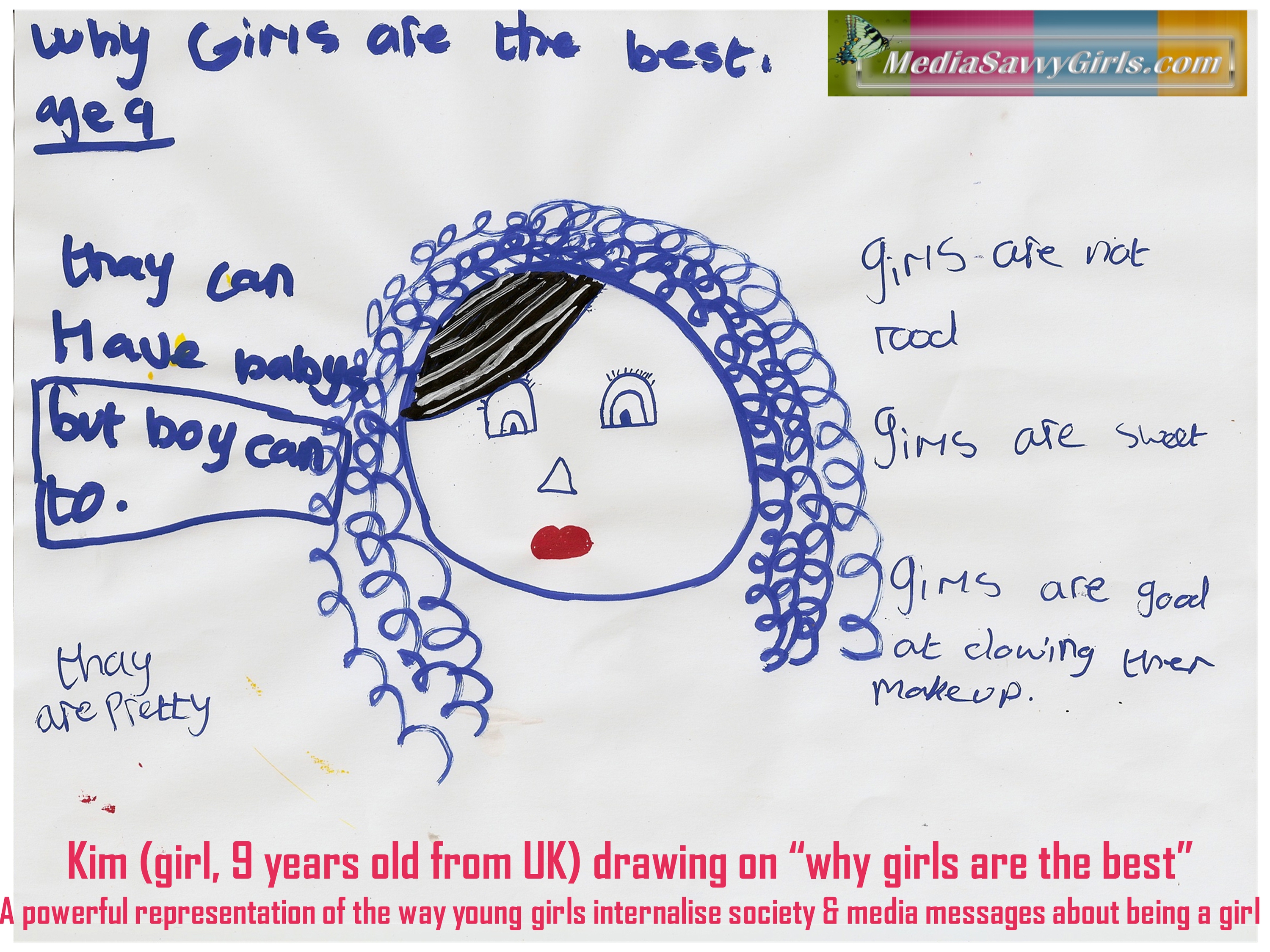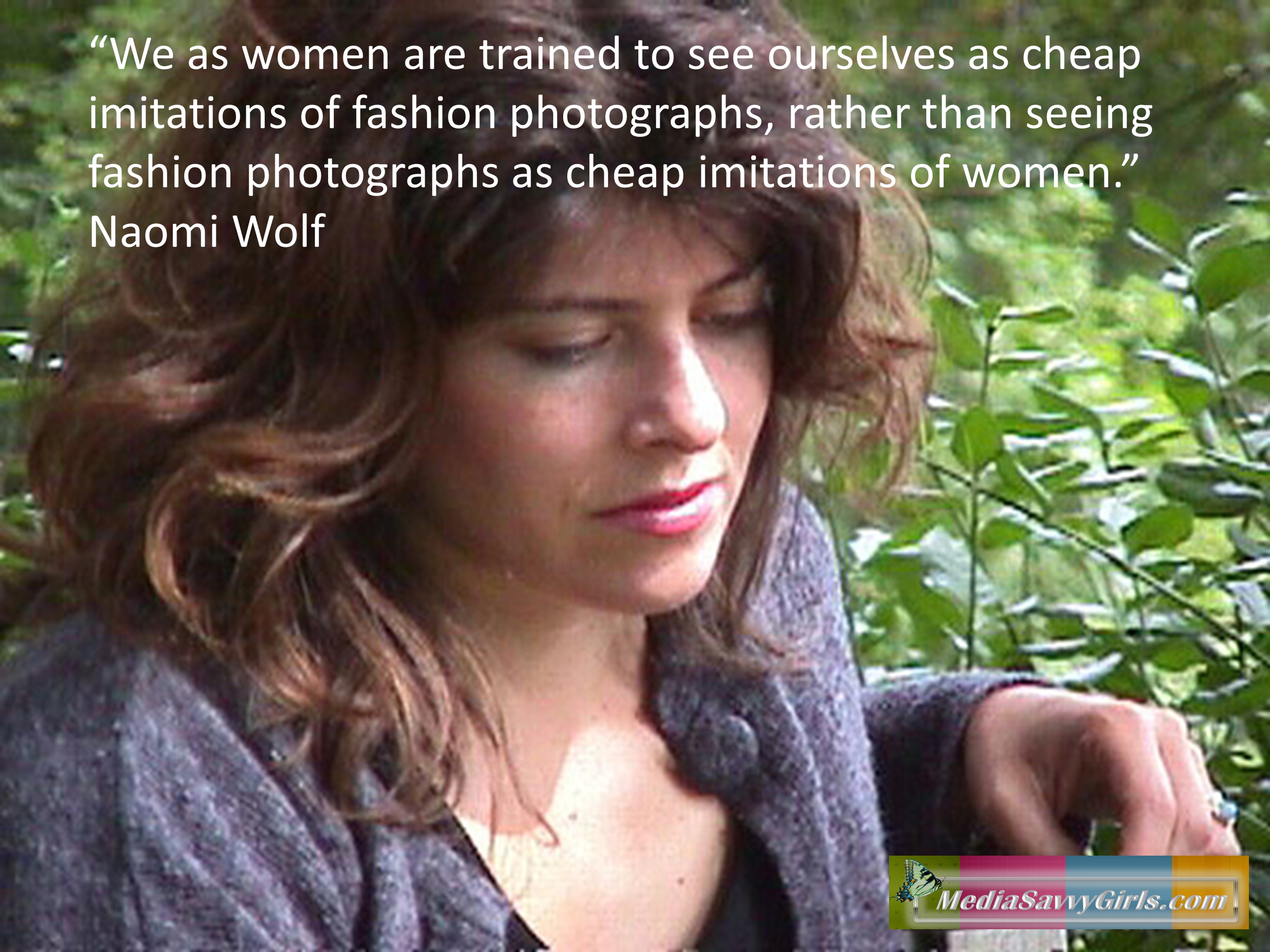So there I was: 12 years old. A new phase of life had started.
Finally I was allowed to grow my hair longer and choose my own clothes. What I thought was the freedom of “expressing my identity” (when really I couldn’t have a clue what my identity was) turned gradually into a never-ending search for the right image and a constant, growing insecurity of getting it wrong and not being wanted.
I was the smallest and youngest girl in my class – due to having started school a year earlier – and I wanted to project the image of a strong, assertive, secure girl who nobody would mess around with. Nothing wrong with this one I think, especially considering that this was the image I’ve always identified with during my earlier years.
But of course there were “the boys” too…I attended a mixed school, so there was a continuous attention coming from them: something completely new to me which I was not used to…something that totally fascinated my teenage self: in other world, I was excited in discovering the “power of seduction”, when I had no idea of all the usual drawbacks that come with it…
Drawback number 1)
I started to look at myself and compare my face/body with the images of beauty in the media around me, and the “real women”, pubescent bodies of my peers and best friends (I was the only one in the class still waiting for my menarche the first period – to “turn me into a woman”). All my best friends were so much bigger and bustier than me; all of them played with pads and tampons, they shared their “menstruation stories” and missed gymnastic class during that time of the month. I was envious of them and felt incomplete; I was impatient to experience it all.
Result: I wished I was bigger, taller, and with a prominent breast to impress boys.
Coping Strategy: I was indeed quite petite and in my view the only way I could claim more of their attention was through wearing provocative clothes and make-up (of course…with quite disastrous outcomes most of the time!)
Drawback number 2)
I became constantly concerned with my appearance, even during situations where I used to truly enjoy myself. Despite this – and as far as I can remember – at this stage I was not yet experiencing any resentful feeling regarding the constant urge to look good (this will develop later, after a couple of years). I was enthused by the new possibilities of gradually becoming a woman I guess. I was basking in anticipation: it was a new game, a new world to discover, something exciting, new identities to play with!
Result: I was quite self-conscious and pretending most of the time. I was convinced nobody would actually like the real me.
Coping strategy: I had to use different masks depending on the people/situation I was dealing with. I had to project a different personality, a façade that could protect me from that unbearable critical scrutiny of the world around me (my parents/family, my peers, my teachers, “the boys”).
Drawback number 3)
Everything that was important to me in previous years became the hallmarks of childhood: something I had to distance myself from at every cost.
Result: My interests and attitude, my favourite toys and play were all abandoned in favour of the “new me” and more “mature” pursuits (make-up and making-up with boys were on top of my list).
Coping strategy: Bye bye to the studious, dutiful girl: the “new me” was a provocative and rebellious one, who would skip classes to smoke cigarettes in the school toilet, wear ripped jeans and knee-high boots and write indecent graffiti everywhere I could.
This scenario will sound familiar to many teenagers girls today, despite this being an account from thirty years ago (the ’80s). This means that we didn’t have computers, the internet, social media, mobile phones or tablets. We had fewer TV programs we could watch (4 or 5 channels) with typically one TV per family, so that watching time was restricted to a minimum and parental control was almost inescapable. We had no access to pornography, we could not get much information about sex (my only source was girls’ magazines at the time) and there was no way to be tempted to share a compromising picture/video online and to be shamed publicly after that.
Forwarding to the digital revolution, I wonder whether teenager (and young adults)’s feelings and coping strategies have changed that much and whether they are being aggravated by the hyper-connectivity of today’s world. While there is little doubt that the main issues remain the same – all boiling down to the elusive quest of one’s own identity (who am I?) and fear of rejection (will I be loved?) – the increasing demands of our hyper-connected world hardly allow modern young people to escape
Recalling the memories of my teenage self makes me wonder about how I would have coped with living in such connected world and played my identity-games in social media. When I observe my son I wonder about the pressure he must be feeling: he told me that with Instagram and Snapchat “it’s all about appearance”.
How are young people coping with all this? How does it feel to be complete pioneers in a new, unknown territory? How does it feel when your parents are less savvy than you in using gadgets and digital technology? Can they take adults seriously enough for advice when all sort of information is available to them through a simple click on their portable devices? Do they consider all this an advantage or are they wishing to live in a less connected world? Are they screaming out for protection or do they revel in this newfound independency from adults’ control? As parents, should we leave them free to play their “identity’s games” online and how much privacy should we allow them in the process?
We desperately need more research to address these questions 😉

